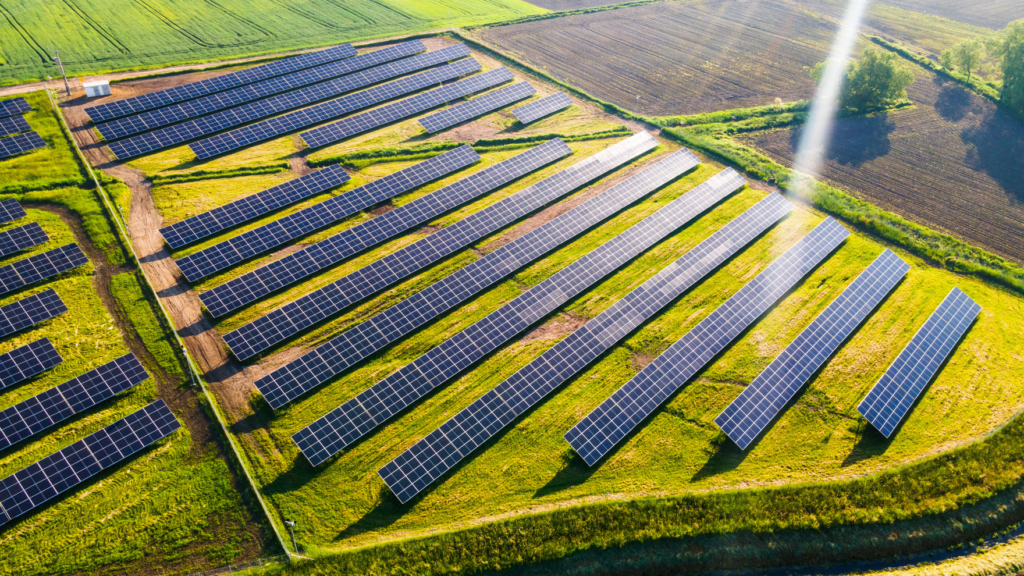Publication date: May 20, 2024
Japan’s Prefectures Consider Taxes on Renewable Energy
In April, a new tax was introduced by Miyagi Prefecture on large-scale renewable projects in forested areas. The move has encouraged other prefectures in the Tohoku region to open dialogue regarding the introduction of renewable taxes of their own, with Yamagata announcing on April 26 that it was considering introducing a prefectural-wide new tax on renewable energy businesses, as reported by the Wind Journal. The tax would be aimed at promoting the integration of renewable energy with the natural and cultural environment of the region; preventing natural disasters and preserving tourism, history, and landscapes.
Then, on May 7, Aomori’s Governor announced that it would also move forward with plans to introduce a new tax on renewable energy facilities. The tax would apply to onshore wind power plants and large-scale solar power plants, including existing facilities. An expert panel to develop a “symbiotic concept”, aimed at balancing renewable energy and the natural environment was held on May 2. The panel discussed limiting areas for renewable development through “zoning” and other measures in order to obtain approval from local residents, as well as the new tax on renewable energy facilities.
Challenges and Implications of Renewable Energy Taxes
The moves do not come as a surprise. In September 2023, Aomori and other prefectures in the Tohoku region said they would consider new taxes on renewable energy to “promote sustainable development” – highlighting the intricate challenges associated with the regional deployment of renewable energy resources.
However, new taxes and zoning for renewable energy installations may present significant hurdles for investors seeking to navigate local regulatory frameworks. Depending on their scale, they have the potential to dampen investor confidence and raise broader uncertainties regarding Japan’s decarbonization framework.
Whilst there are many prefectures that openly welcome the development of renewable energy, such as in Hokkaido, the moves by these Tohoku prefectures may spur others to look again at their renewable policies. This will undoubtedly capture the attention of both domestic and international investors in the renewable energy sector.

________________________________________________________________________________________

